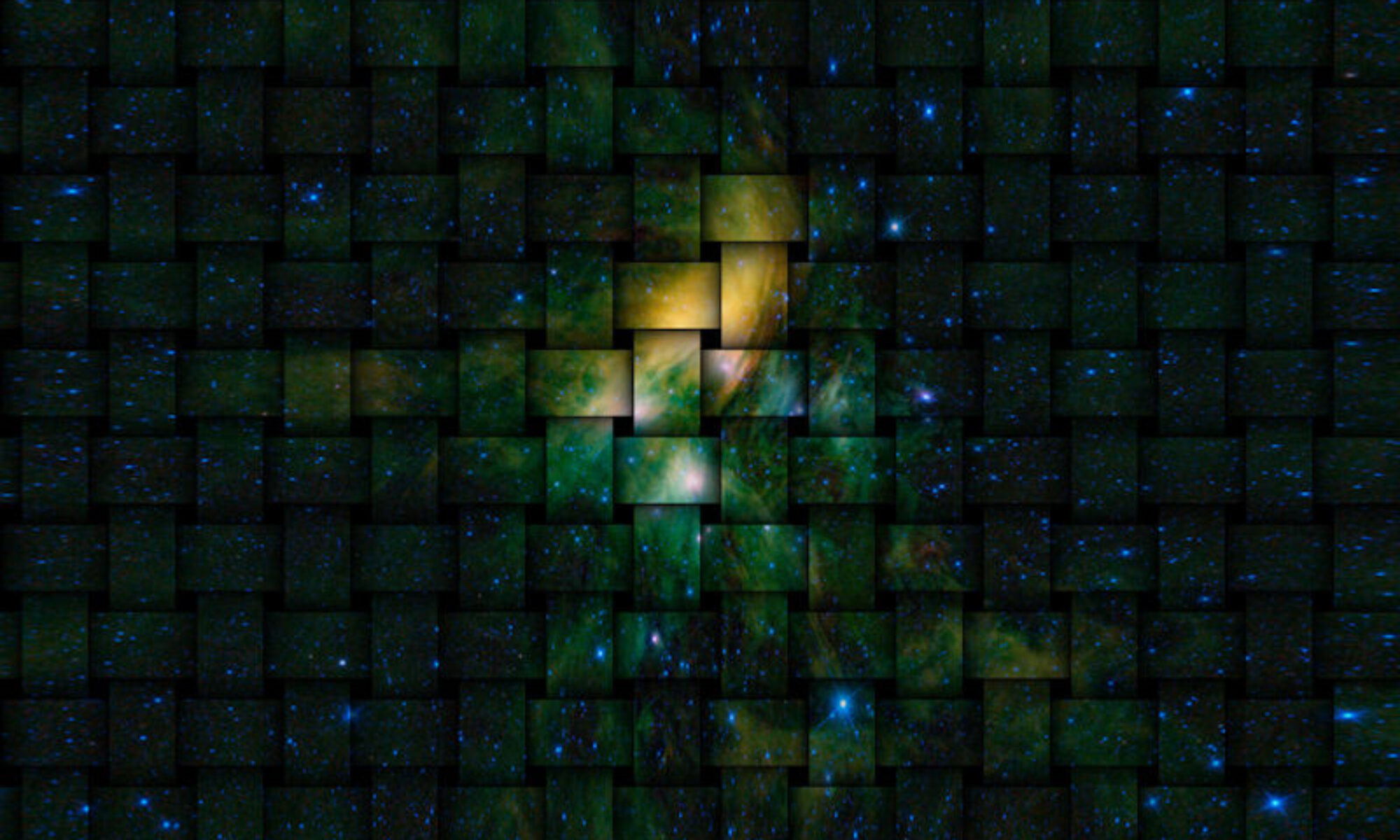The state of nature around us reflects our collective inner self-image.
Please discuss. How does this play out in life?
I’ll start us out. Many of us are concerned about the state of our planet and its ecosystems. Science certainly reveals disturbing trends—global warming and accompanying climate change, loss of natural habitat, recent rapid species decline, increased soil, air, and water quality issues. The recent touch of humankind on Earth has not been gentle, to the detriment of all existence here.
In large part, this degradation has occurred because we view ourselves, as a species, as separate from and superior to the rest of the living ecosystem that houses us. We see ourselves as in charge of a planet whose resources are ours to freely exploit for our own ends. We deem ourselves not as custodians—which role in itself is an egotistical casting—but rather as consumers of nature. We’ve become apex predators who are shortsightedly and rapidly destroying both our food source and habitat, uncaring of the impact on all other life. The problem hasn’t occurred overnight. It has been building for generations and is now nearing critical impact. It’s a global phenomenon more attributable to industrialized nations like our own.
What can we as individuals possibly do to try to lessen the damage we cause the planet? We can gently moderate our lifestyles to consume less, particularly targeting products that generate more pollution—meat, plastics, single-use items, cheaply-made and short-lived consumables. We can reduce unnecessary travel and be mindful of our use of energy and water. We also can focus on recycling and reuse, limiting items that end up discarded.
But all of these actions address the symptoms of human ecological arrogance. They do not treat the underlying disease of separation consciousness—the belief that we are separate from divinity, each other, and the rest of creation—flawed and imperfect. Until we accept our role as divinely interconnected with all existence and as conscious creators and live accordingly, modeling this mindset and associated behavior for our children and everyone with whom we interact, longer-term change is less likely. The shift needed to heal the damage inflicted on our planet begins within us.
Today’s message is a clarion call to examine my relationship with creation. Where might I be arrogant and dismissive in my views regarding other humans, other species, natural elements? What am I willing to change to have a lighter impact on the natural environment? How might I alter my daily behavior to be more consciously connected with all existence? When I can see myself and my place in creation differently, I contribute to healing our planet.
How about you? What are you willing to do to benefit our planet?
For a more in-depth exploration of separation consciousness and our relationship with the rest of the world, please see chapters 24 and 25, The Rest of the World and Responsibility and Relationship, in my book The Sharing: The Owner’s Manual for Being Human.
